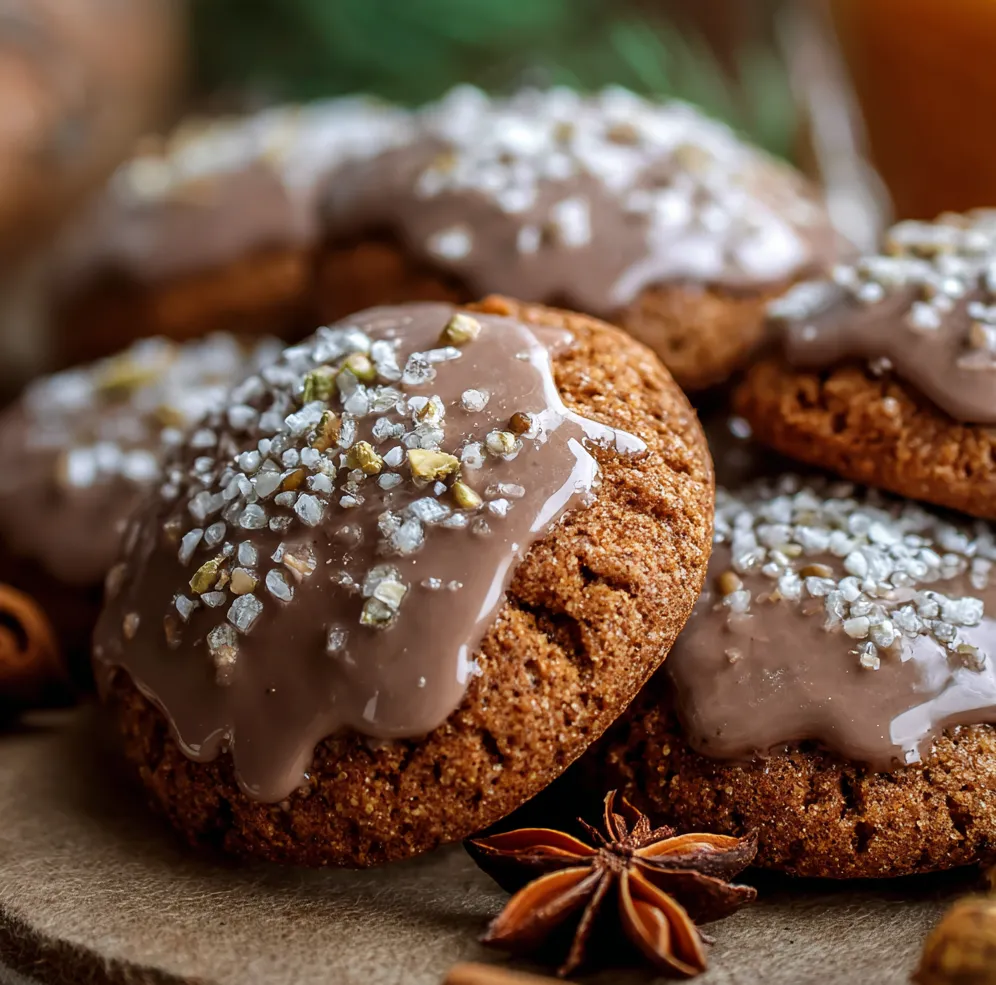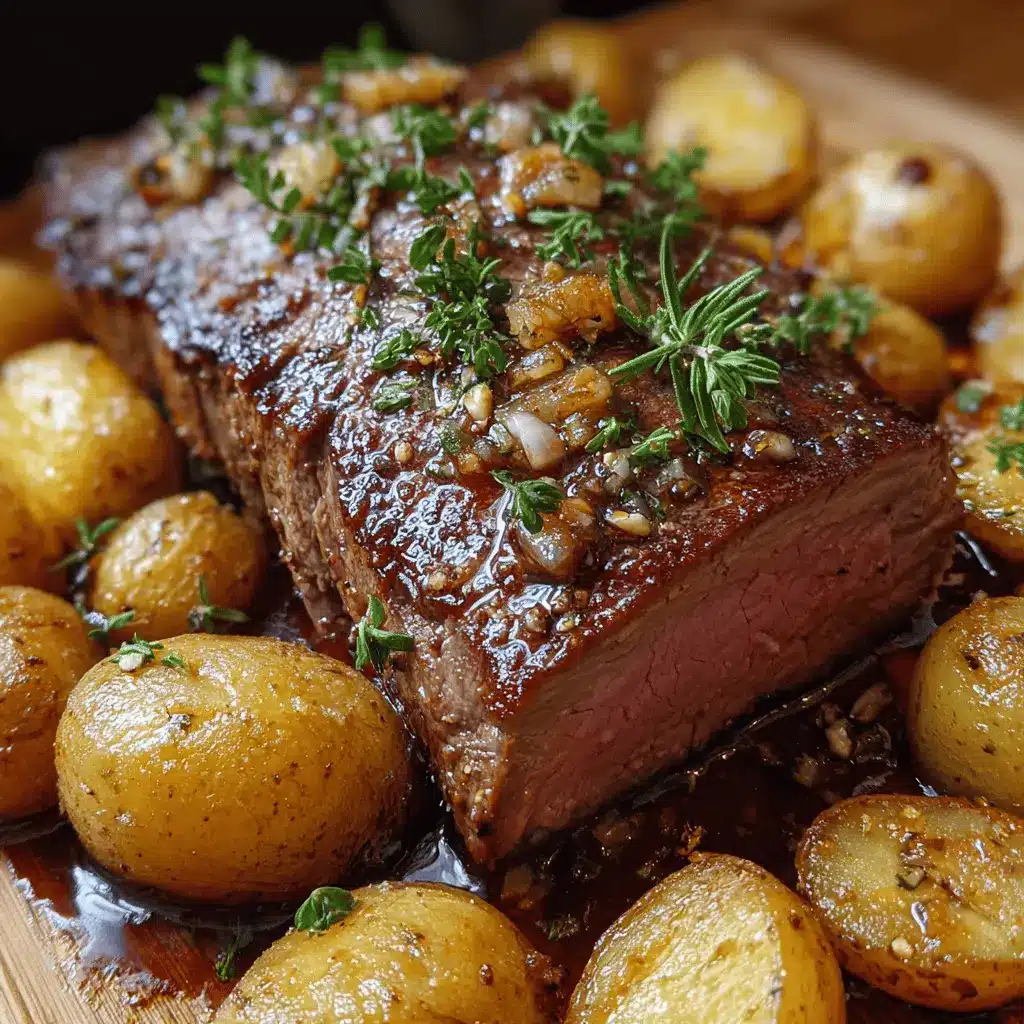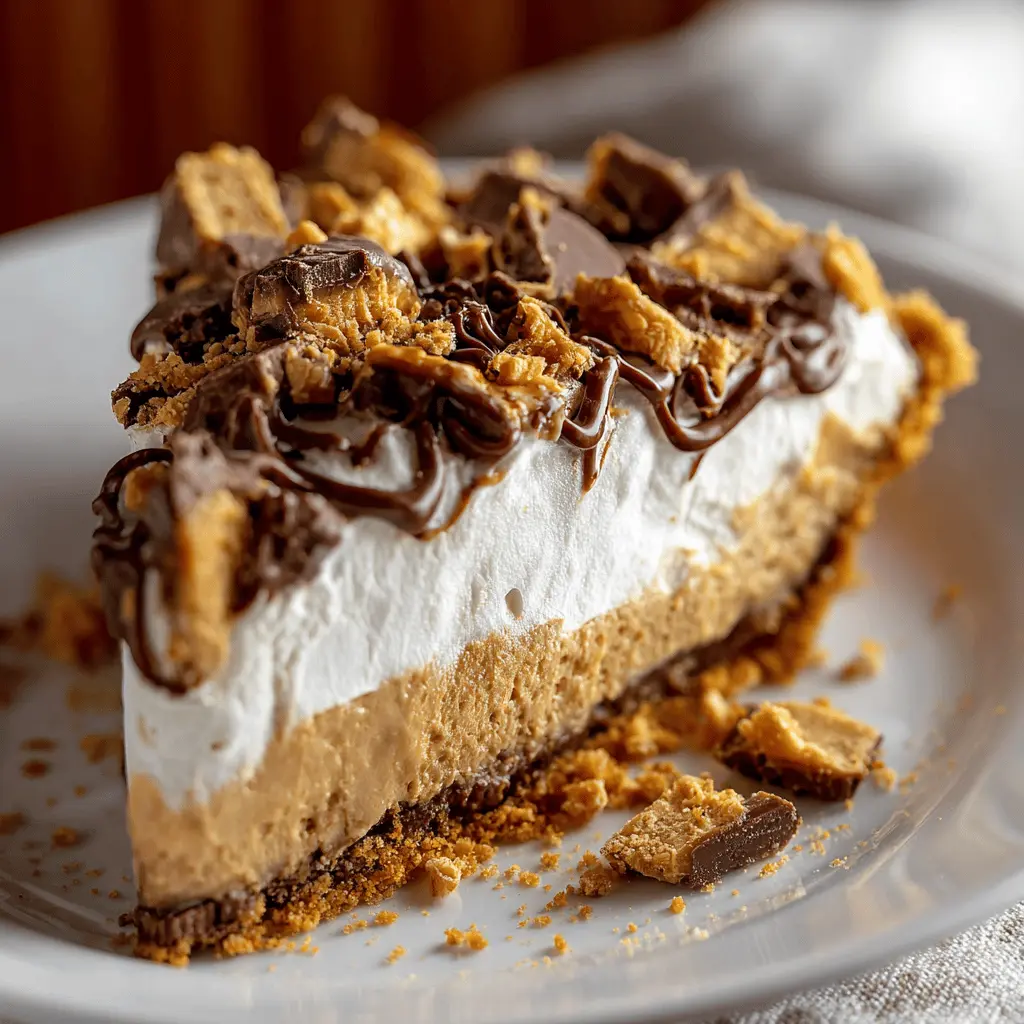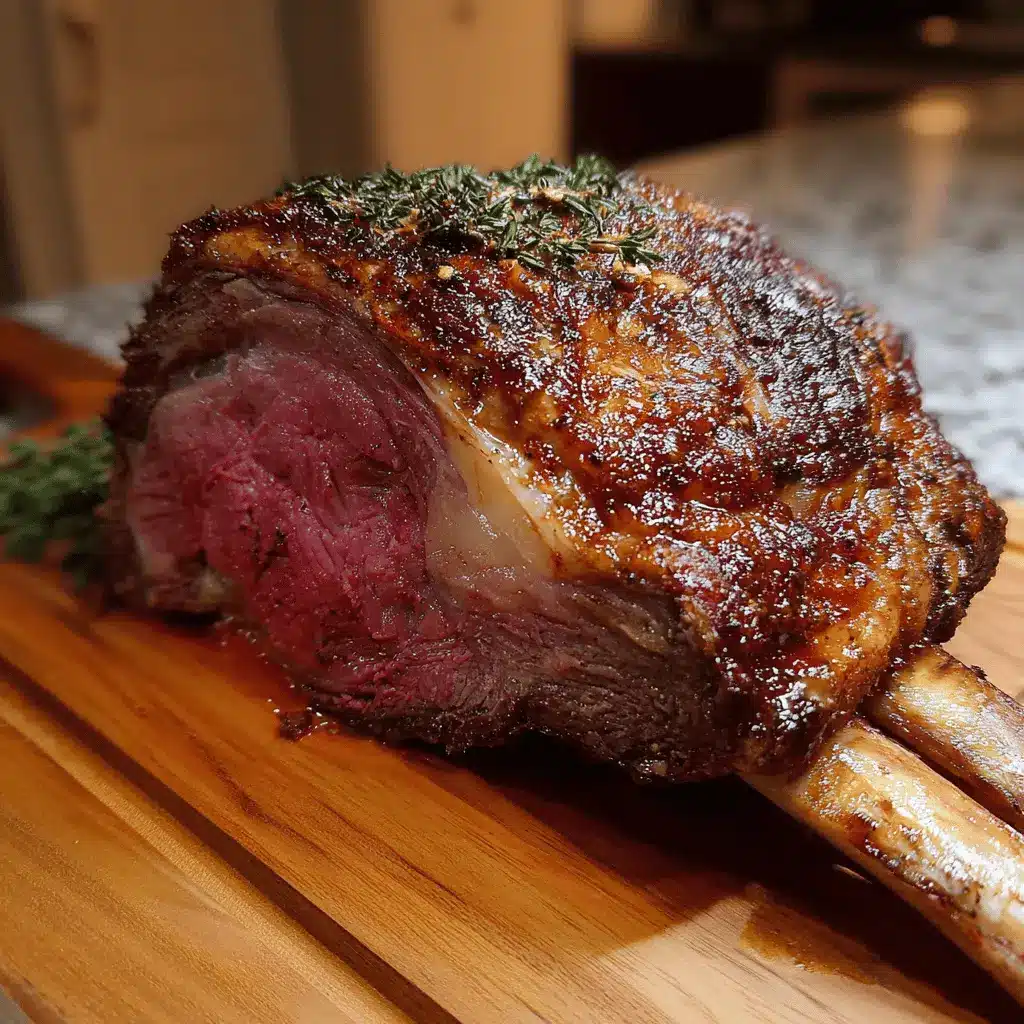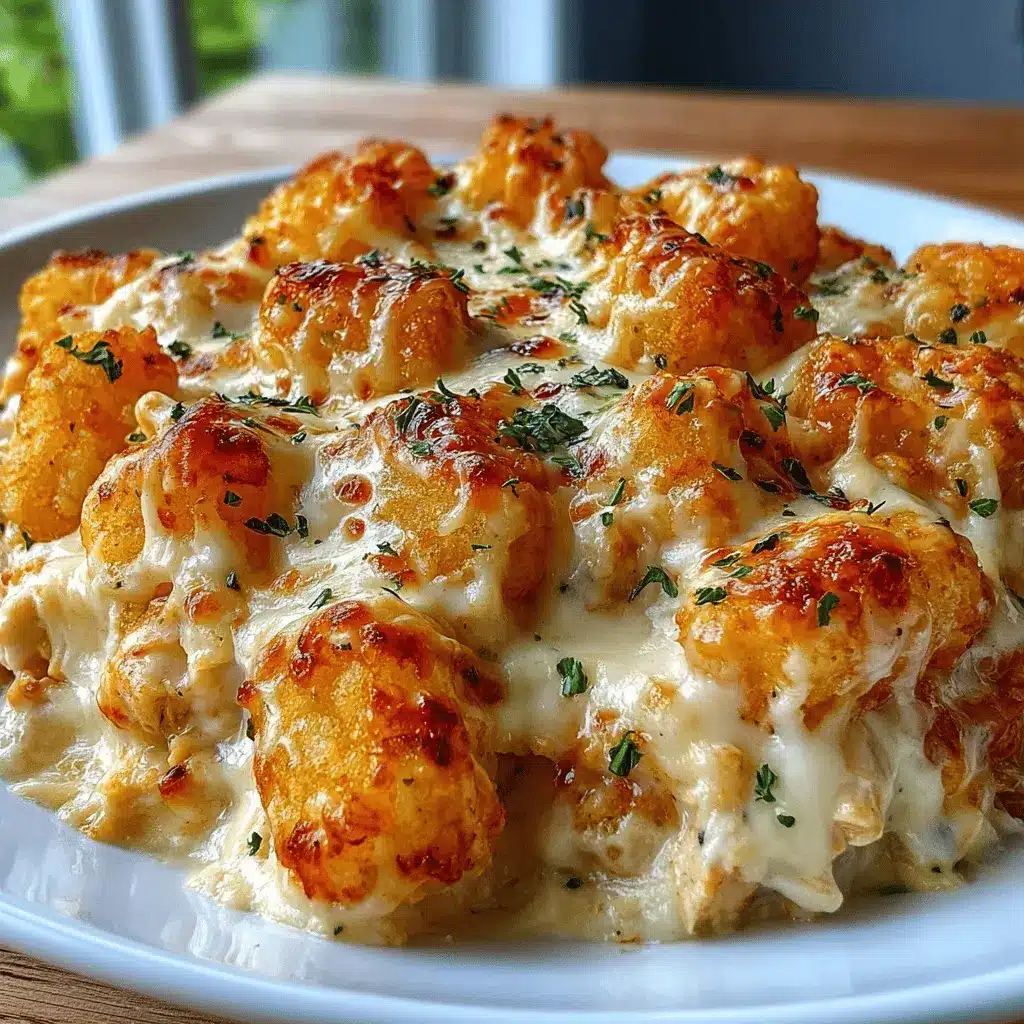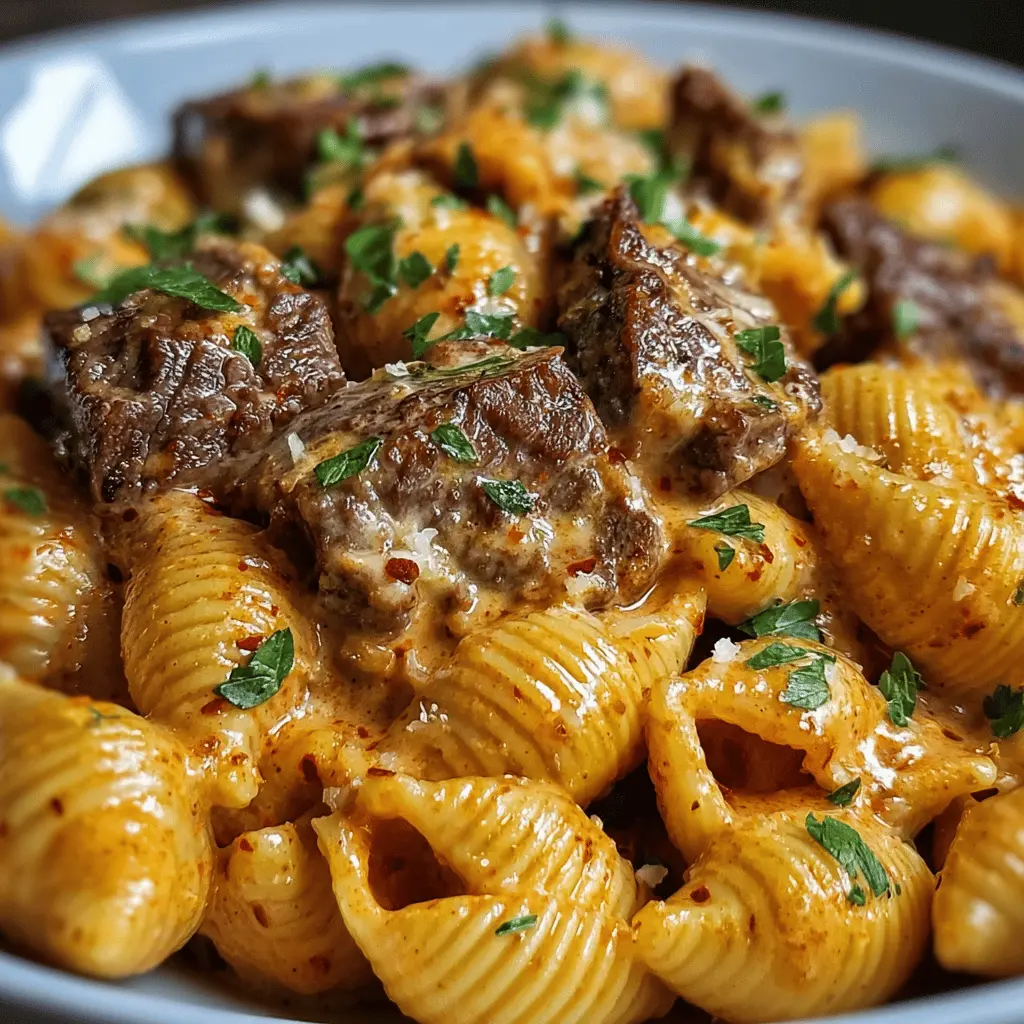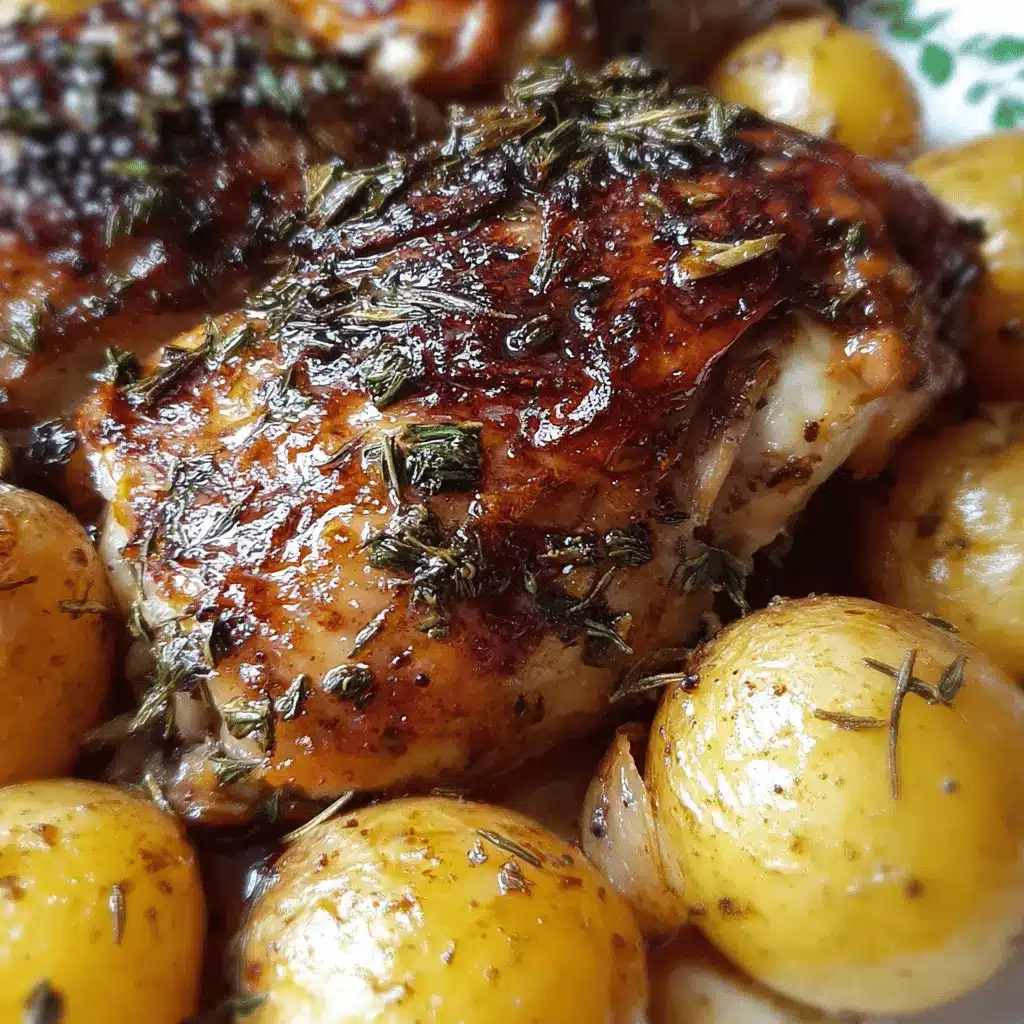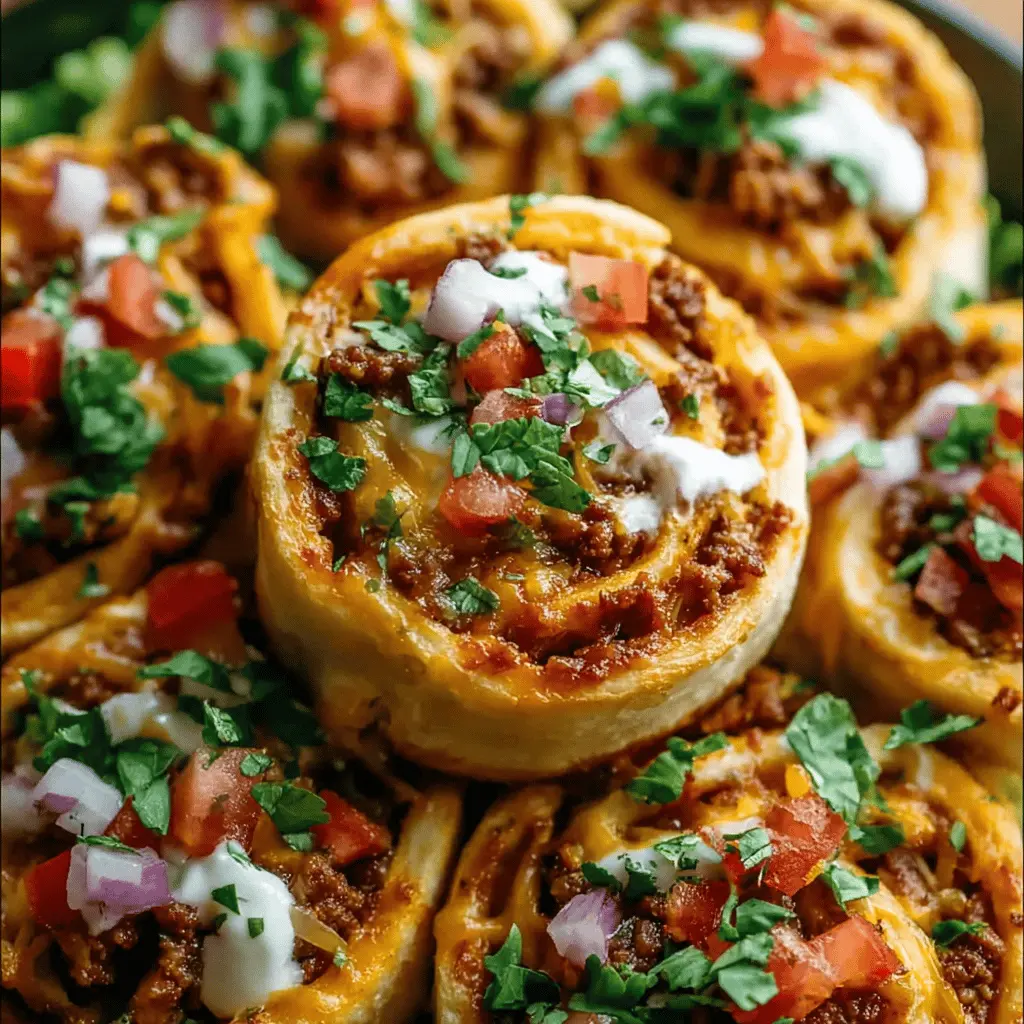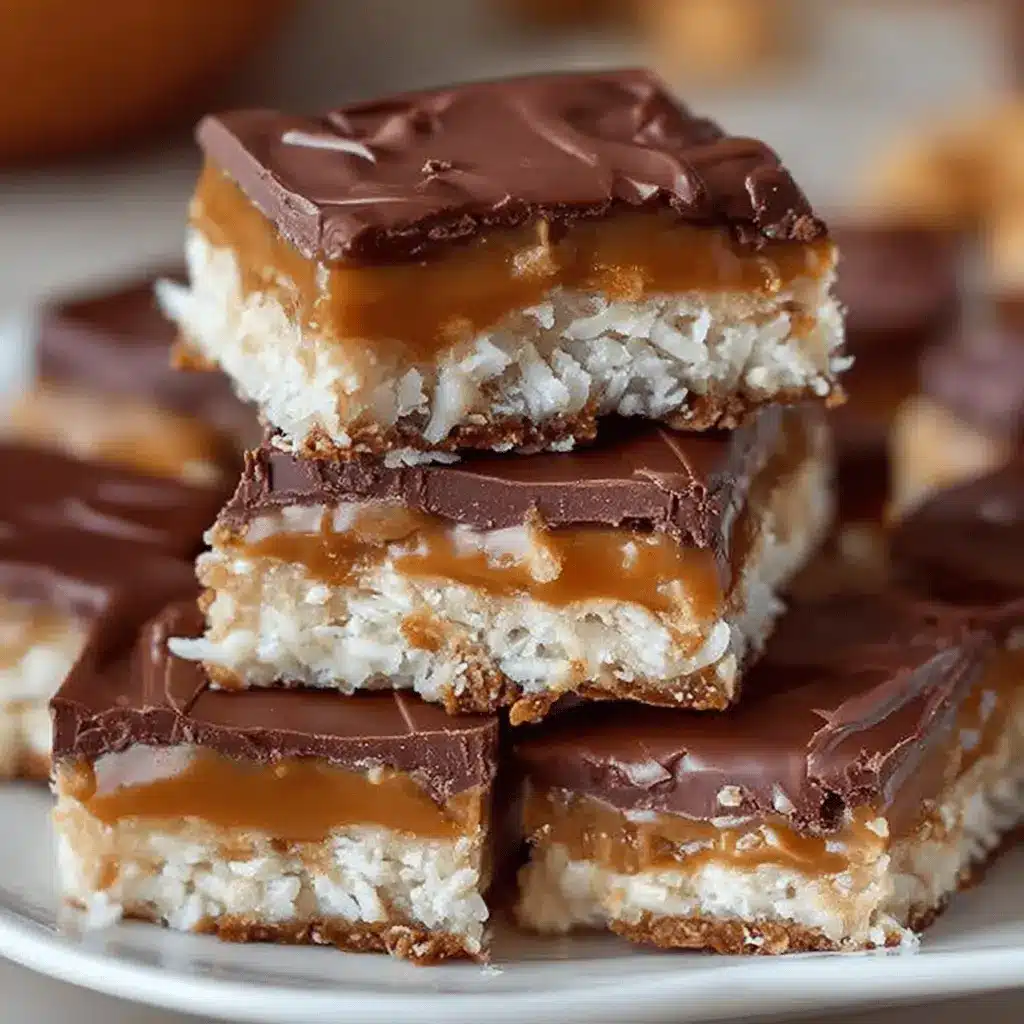Introduction
If there’s one cookie that absolutely belongs on your holiday baking list, it’s Lebkuchen (German Spice Cookies). These soft, chewy, spice-filled treats are a centuries-old Christmas classic in Germany—and once you try them, you’ll see why they’ve stood the test of time.
Think of them as gingerbread’s more elegant cousin: warmly spiced, a little nutty, touched with citrus, and often finished with a sweet glaze or dip of dark chocolate. They smell like a cozy December afternoon and taste like holiday magic.
What makes this recipe truly special? It’s approachable for any home baker, packed with flavor, and gets even better after a day or two. Whether you’re baking for a cookie exchange, preparing festive gifts, or just want to fill your home with the scent of cinnamon and cloves, this is one cookie that’s worth adding to your baking traditions.
Let’s dive into everything you need to know to make the best Lebkuchen right in your own kitchen.
Why You’ll Love This Recipe
Key Benefits
-
Chewy and Soft: Unlike crisp gingerbread, Lebkuchen stays soft in the center with just a hint of chew at the edges.
-
Richly Spiced: With cinnamon, cloves, nutmeg, and more, each bite is warm and deeply flavorful.
-
Perfect for Gifting or Sharing: These cookies last beautifully, making them ideal for gifting or prepping ahead of the holidays.
-
Even Better with Time: The flavors continue to develop after baking, so they’re just as delicious (if not more!) after a few days.
Suitable For
-
Beginner Bakers: The dough is forgiving, and the steps are easy to follow.
-
Holiday Gatherings: Whether it’s a party tray or a cozy family night, these cookies deliver comfort and flavor.
-
Make-Ahead Needs: With a long shelf life and even better flavor over time, they’re ideal for prepping early.
-
Customizable Diets: Substitutions are simple if you want to go nut-free, dairy-free, or use different flours.
Ingredients for Lebkuchen (German Spice Cookies)
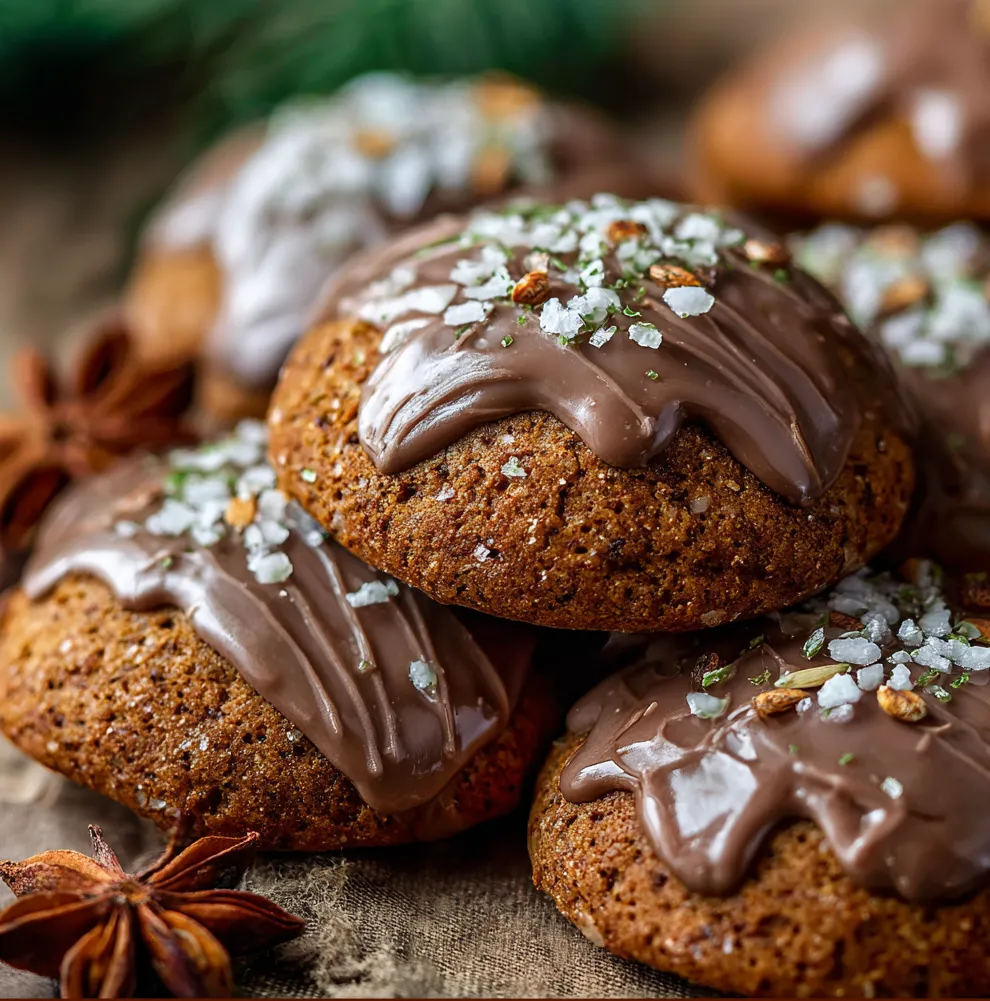
Core Ingredients
Here’s a quick overview of what you’ll need. Don’t let the list scare you—it’s mostly pantry staples!
-
Honey & Molasses: These give the cookies depth and a hint of natural sweetness.
-
Brown Sugar: Adds moisture and a soft texture.
-
Egg: Just one, to bind everything together.
-
Lemon Zest, Orange Zest & Lemon Juice: Adds brightness and balances the sweetness.
-
All-Purpose Flour: The base of the dough.
-
Baking Soda: Helps the cookies rise slightly and stay soft.
-
Spices: Cinnamon, cloves, nutmeg, allspice, and ginger are the stars here.
-
Salt: Enhances all the flavors.
-
Finely Chopped Almonds or Hazelnuts: Adds texture and nuttiness (you can also use ground almonds).
-
Optional Candied Orange Peel: Traditional and totally delicious if you can find it.
Substitutions and Tips
-
No molasses? Swap it for more honey or try golden syrup for a lighter flavor.
-
Nut-free? You can skip the nuts or replace them with oats or seeds for texture.
-
No candied orange peel? It’s optional. Dried fruit like chopped apricots or cranberries can be a fun twist.
-
Want gluten-free? Use a 1:1 gluten-free baking flour—just make sure it contains xanthan gum.
Baking is all about making it work for you, so feel free to adjust based on what’s in your pantry.
Best Spices for Lebkuchen (German Spice Cookies)
The spices are what truly define Lebkuchen. Here’s the spice blend we love:
-
Cinnamon – The backbone of any holiday cookie.
-
Cloves & Nutmeg – For warmth and a little bite.
-
Allspice & Ginger – Adds balance and complexity.
You can adjust the spice levels to suit your taste. Want a bolder ginger kick? Add a touch more. Prefer a more mellow cookie? Dial it back slightly. Always use fresh spices if you can—they make a world of difference.
Kitchen Tools You’ll Need
You don’t need any fancy equipment to make Lebkuchen, but having the right tools will make things easier.
Must-Have Tools
-
Mixing Bowls: One for wet, one for dry.
-
Whisk & Spatula: To combine ingredients easily.
-
Measuring Cups & Spoons: Accuracy matters when it comes to baking.
-
Baking Sheet & Parchment Paper: For easy cleanup and even baking.
Nice-to-Have Tools
-
Cookie Scoop: For evenly sized cookies (and quicker prep).
-
Silicone Baking Mat: Helps prevent sticking and promotes even browning.
-
Pastry Brush: Perfect for glazing the cookies while they’re still warm.
Even if you’re using just a spoon and a bowl, you can still turn out perfect Lebkuchen.
How to Make Lebkuchen (German Spice Cookies)
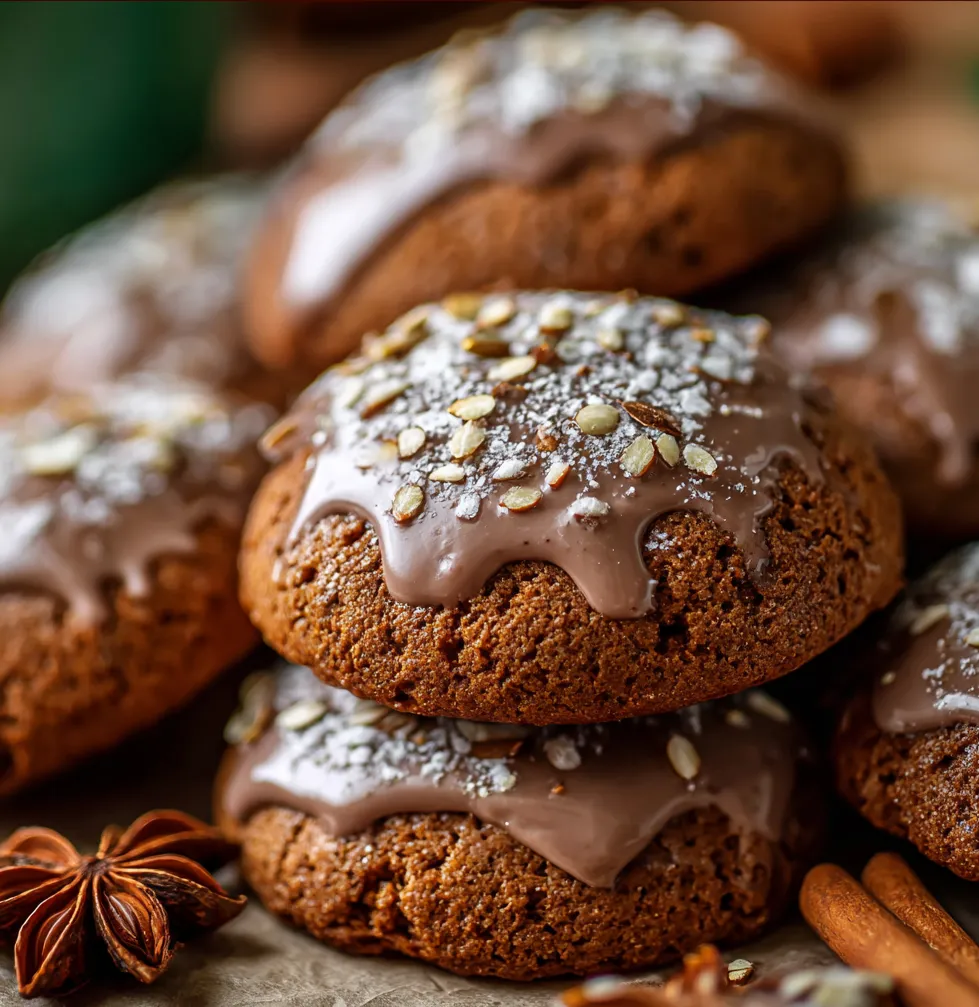
Ready to bake? Let’s walk through the process step by step. It’s simpler than you might think, and the end result is a cozy, aromatic cookie that tastes like the holidays. Just make sure you’ve set aside enough time—this dough needs a little rest to bring out all those warm, spiced flavors.
Step 1: Warm the Honey and Molasses
In a small saucepan, combine the honey and molasses. Gently heat them over medium until they just start to bubble around the edges. You’re not cooking them—just warming enough to blend together smoothly. Once bubbling, remove from the heat.
Tip: This step helps deepen the flavor and makes it easier to mix in the sugar.
Step 2: Stir in Sugar and Cool Slightly
Whisk in the brown sugar until fully dissolved. Then, let the mixture cool for a few minutes so you don’t scramble the egg in the next step.
You want it warm, not hot—think baby-bottle temperature.
Step 3: Add Egg and Citrus
Now add your egg, lemon zest, orange zest, and lemon juice. Stir until everything’s well combined. This citrus mix brightens the rich spices and keeps the cookies from feeling heavy.
Step 4: Mix Dry Ingredients Separately
In a medium bowl, whisk together the flour, baking soda, cinnamon, nutmeg, cloves, ginger, allspice, and salt. Get those spices evenly distributed—no one wants a bite with all the cloves in it.
Step 5: Combine Wet and Dry
Slowly stir the dry mixture into the wet ingredients. The dough will start off sticky, but that’s exactly what you want.
Tip: Don’t overmix here—just stir until it all comes together.
Step 6: Fold in Nuts and Optional Peel
Stir in your finely chopped almonds or hazelnuts and candied orange peel if using. This adds texture and that extra layer of festive flavor.
Step 7: Chill the Dough
Cover the dough with plastic wrap or a towel and refrigerate for at least 4 hours—overnight is even better. This helps the dough firm up and allows the spices to fully infuse.
Tips for Success
Lebkuchen is wonderfully forgiving, but a few key tips can help you make the best batch possible:
-
Don’t skip the chilling time. It makes the dough easier to handle and improves the flavor.
-
Use a cookie scoop for even portions and even baking.
-
Bake just until set. The cookies should be soft in the middle with just a hint of browning on the bottom.
-
Glaze while warm. The glaze sets into a shiny shell if you brush or dip while the cookies are still warm.
How to Store Lebkuchen (German Spice Cookies)
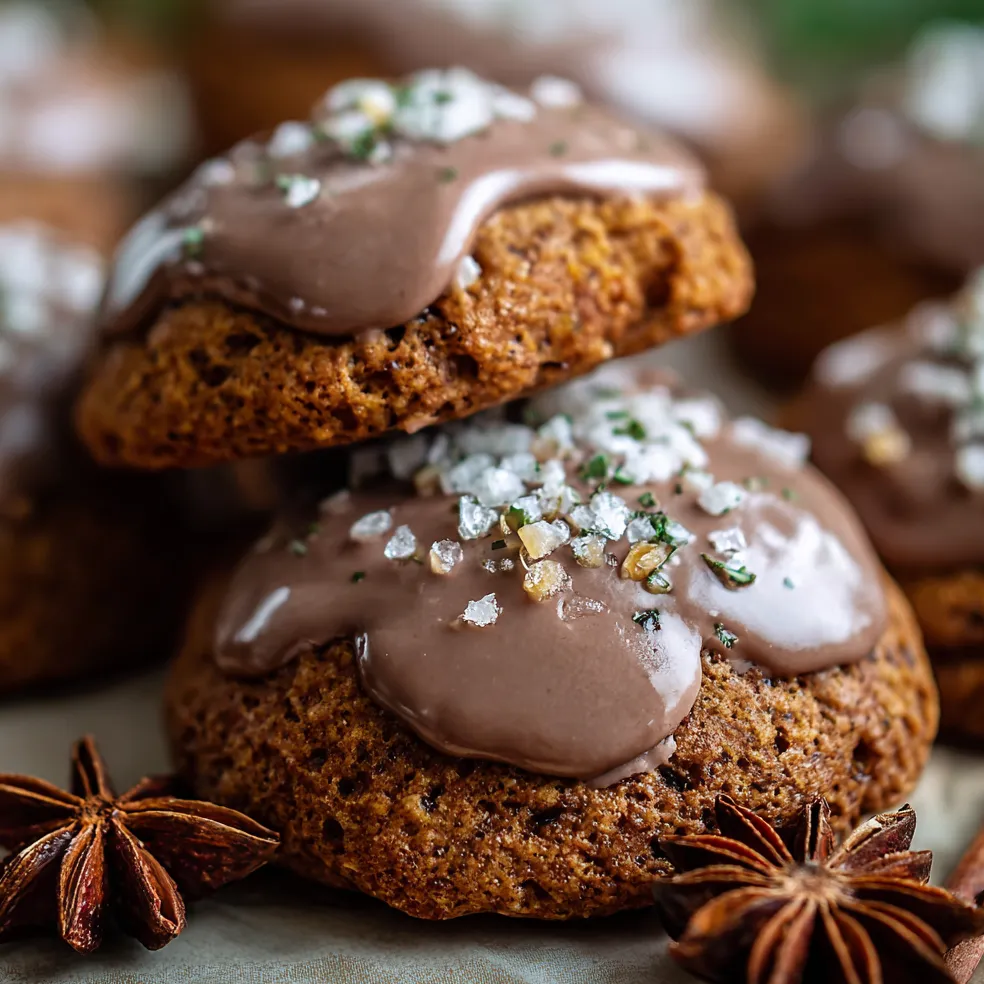
One of the best things about Lebkuchen is how well it keeps. The flavor actually improves after a day or two, making them perfect for making ahead.
At Room Temperature
Store the cookies in an airtight container at room temperature for up to two weeks. If you’ve glazed them, let the glaze dry completely before stacking.
Tip: Slip a slice of apple or orange peel into the container to help keep them soft—but change it every couple of days to avoid spoilage.
In the Refrigerator
Not necessary, but if your kitchen is warm or humid, the fridge can help preserve them longer. Just let them come to room temp before serving.
Freezing Tips
Lebkuchen freezes beautifully. You can freeze the unglazed cookies in a single layer, then transfer to a freezer-safe bag or container.
When ready to eat, thaw at room temperature and glaze fresh for the best texture.
Frequently Asked Questions
What’s the difference between Lebkuchen and gingerbread?
Great question. While both are spiced cookies, Lebkuchen is softer, chewier, and more aromatic, thanks to the citrus zest and nut content. Gingerbread is often crisp and focuses more heavily on molasses and ginger.
Can I make these cookies gluten-free?
Yes, and they turn out wonderfully. Just use a 1:1 gluten-free flour blend that contains xanthan gum. You can also experiment with partially replacing the flour with almond flour for a richer, nuttier version.
Do I need to use edible wafers (Oblaten) like in traditional recipes?
Not at all. Oblaten are traditional in Germany, but they’re optional. This recipe is designed to work perfectly without them. If you happen to have some, go ahead and use them under each cookie before baking.
Why do the cookies taste better after a day or two?
Lebkuchen is one of those magical cookies that matures over time. As it rests, the flavors deepen and the texture becomes even more tender. It’s one of the few cookies that truly improves with a little patience.
Related Recipes
If you loved this Lebkuchen (German Spice Cookies) recipe, you might enjoy these other festive and comforting treats:
-
Christmas Whipped Shortbread Cookies – A Festive Delight: Buttery, melt-in-your-mouth cookies perfect for a holiday tray.
-
Sweetened Condensed Milk Snowballs: Tender and nutty snowballs dusted in sugar.
-
Old Fashioned Southern Tea Cakes: A soft, nostalgic cookie with simple vanilla flavor.
Conclusion
Lebkuchen is more than just a cookie—it’s a tradition wrapped in warm spices and sweet memories. Whether you’re making a batch for gifting, sharing with family over cocoa, or simply filling your kitchen with the scent of the season, this recipe brings a little bit of German holiday charm to your home.
So go ahead—make a double batch, try a chocolate dip, share a few, and save the rest. And don’t forget to come back and let me know how they turned out. Happy baking!
Print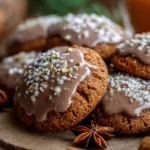
The Best Lebkuchen
- Total Time: 4 hours 32 minutes (including chilling)
- Yield: 30 cookies
- Diet: Vegetarian
Description
Traditional German spice cookies made with honey, nuts, citrus zest, and warm spices. Glazed or dipped in chocolate, these festive treats are soft, chewy, and perfect for the holiday season.
Ingredients
- 1/2 cup honey
- 1/2 cup molasses
- 3/4 cup packed brown sugar
- 1 large egg
- 1 tbsp lemon zest
- 1 tbsp orange zest
- 2 tbsp lemon juice
- 2 3/4 cups all-purpose flour
- 1/2 tsp baking soda
- 1 tsp ground cinnamon
- 1/2 tsp ground cloves
- 1/2 tsp ground nutmeg
- 1/2 tsp ground allspice
- 1/4 tsp ground ginger
- 1/4 tsp salt
- 1 cup chopped almonds or hazelnuts
- Optional: 1/2 cup candied orange peel
- For Glaze: 1 cup powdered sugar, 2 tbsp milk or water
- Optional: melted chocolate for dipping
Instructions
- In a saucepan, heat honey and molasses until just bubbling. Remove from heat.
- Stir in brown sugar and let the mixture cool slightly.
- Add egg, lemon zest, orange zest, and lemon juice. Mix well.
- Whisk dry ingredients (flour, baking soda, spices, salt) in a separate bowl.
- Combine wet and dry ingredients. Stir just until incorporated.
- Fold in nuts and candied peel (if using).
- Cover dough and refrigerate for 4 hours or overnight.
- Preheat oven to 350°F (175°C). Line baking sheets with parchment.
- Roll dough into 1-inch balls, place 2 inches apart, and flatten slightly.
- Bake for 10–12 minutes until edges are set. Cool on a wire rack.
- Dip in glaze or brush it on while warm. Optionally dip in melted chocolate.
Notes
- Flavor improves after 1–2 days of storage.
- Can be stored for up to 2 weeks in an airtight container.
- Freeze unglazed cookies and glaze before serving for best results.
- Traditional German Lebkuchen is often made on oblaten (edible wafers)—optional but authentic.
- Prep Time: 20 minutes
- Cook Time: 12 minutes
- Category: Dessert
- Method: Baking
- Cuisine: German
Nutrition
- Serving Size: 1 cookie
- Calories: 126
- Sugar: 16g
- Sodium: 62mg
- Fat: 4g
- Saturated Fat: 1g
- Unsaturated Fat: 2g
- Trans Fat: 0.1g
- Carbohydrates: 23g
- Fiber: 1g
- Protein: 2g
- Cholesterol: 10mg

